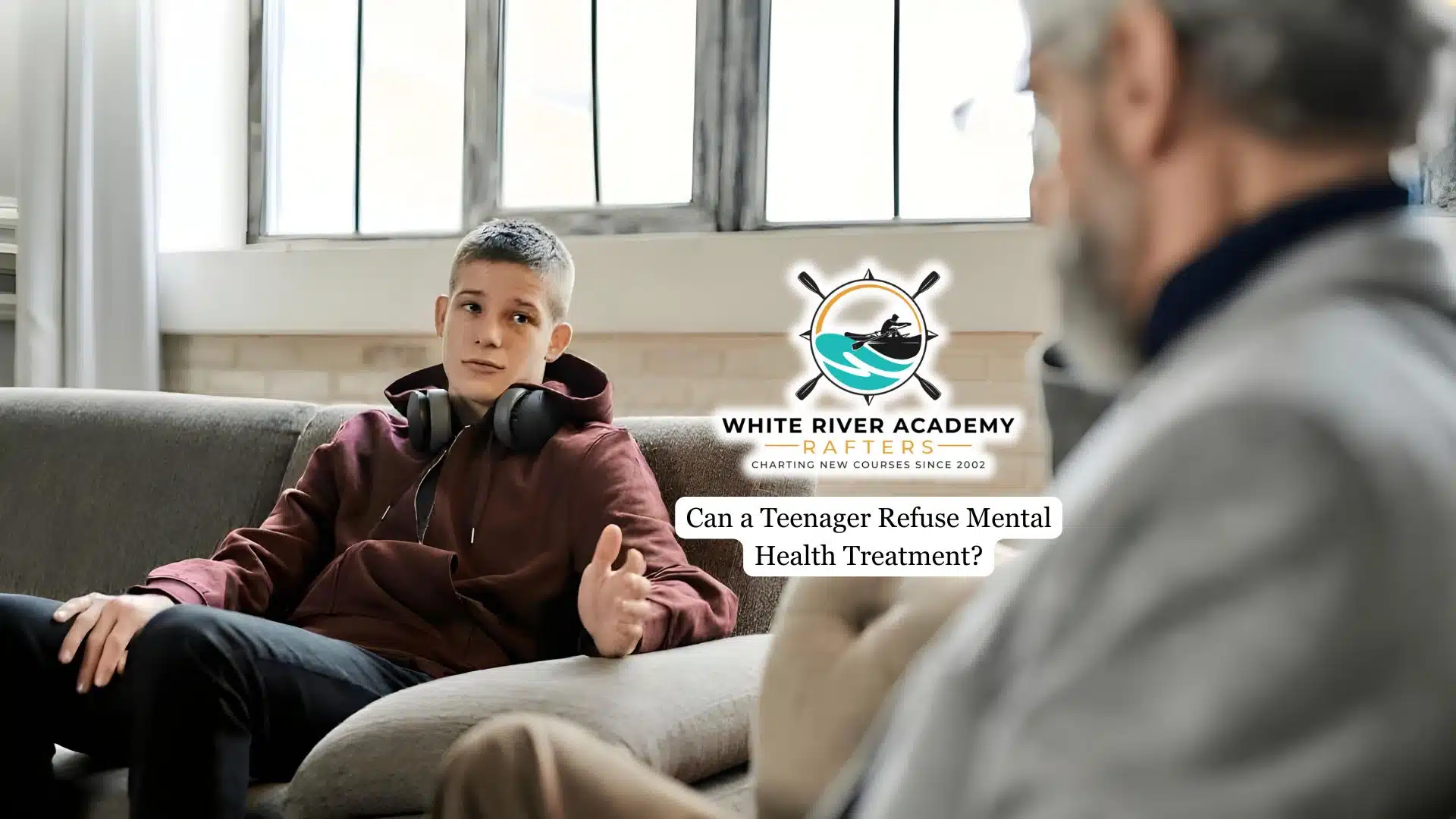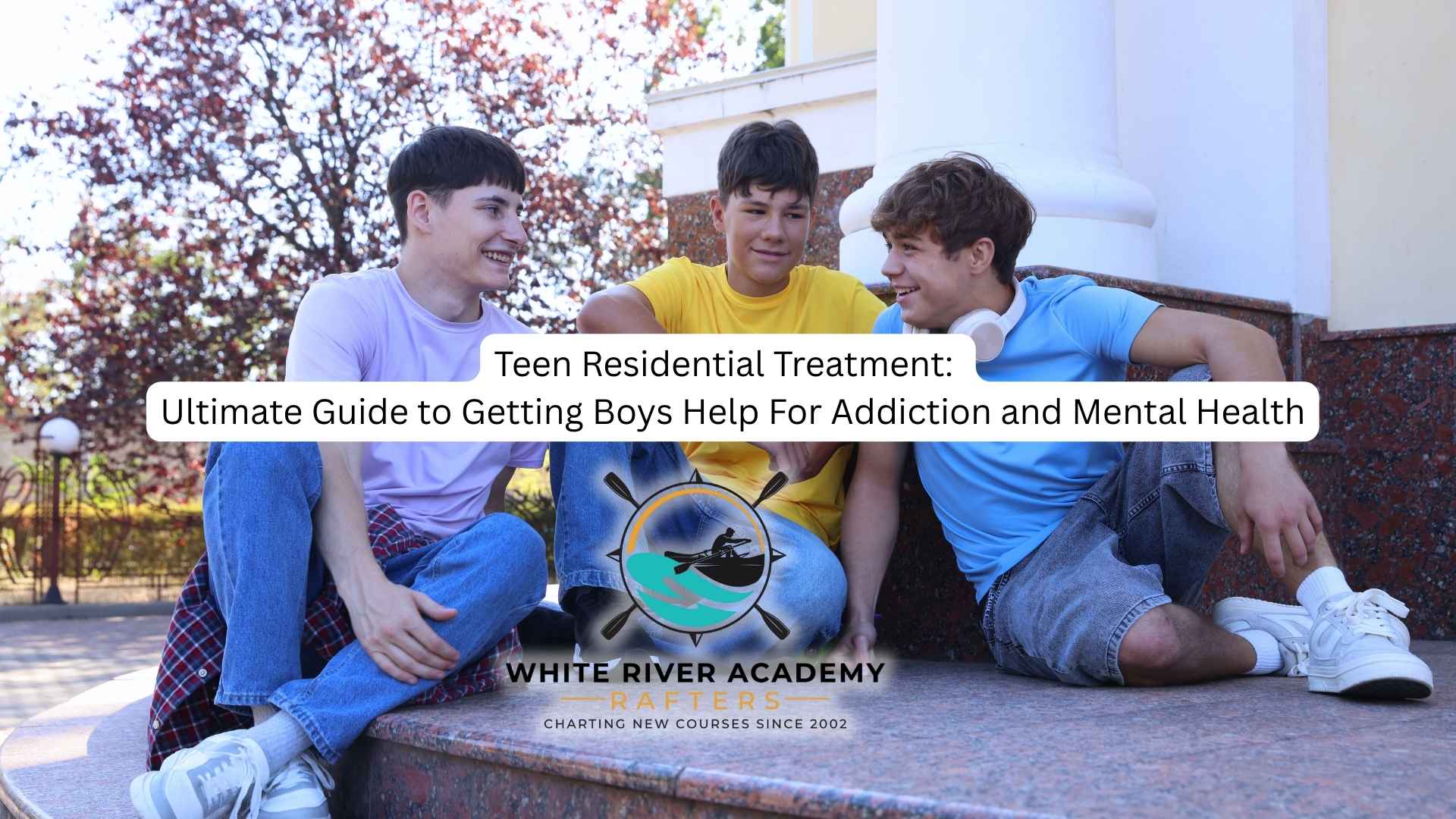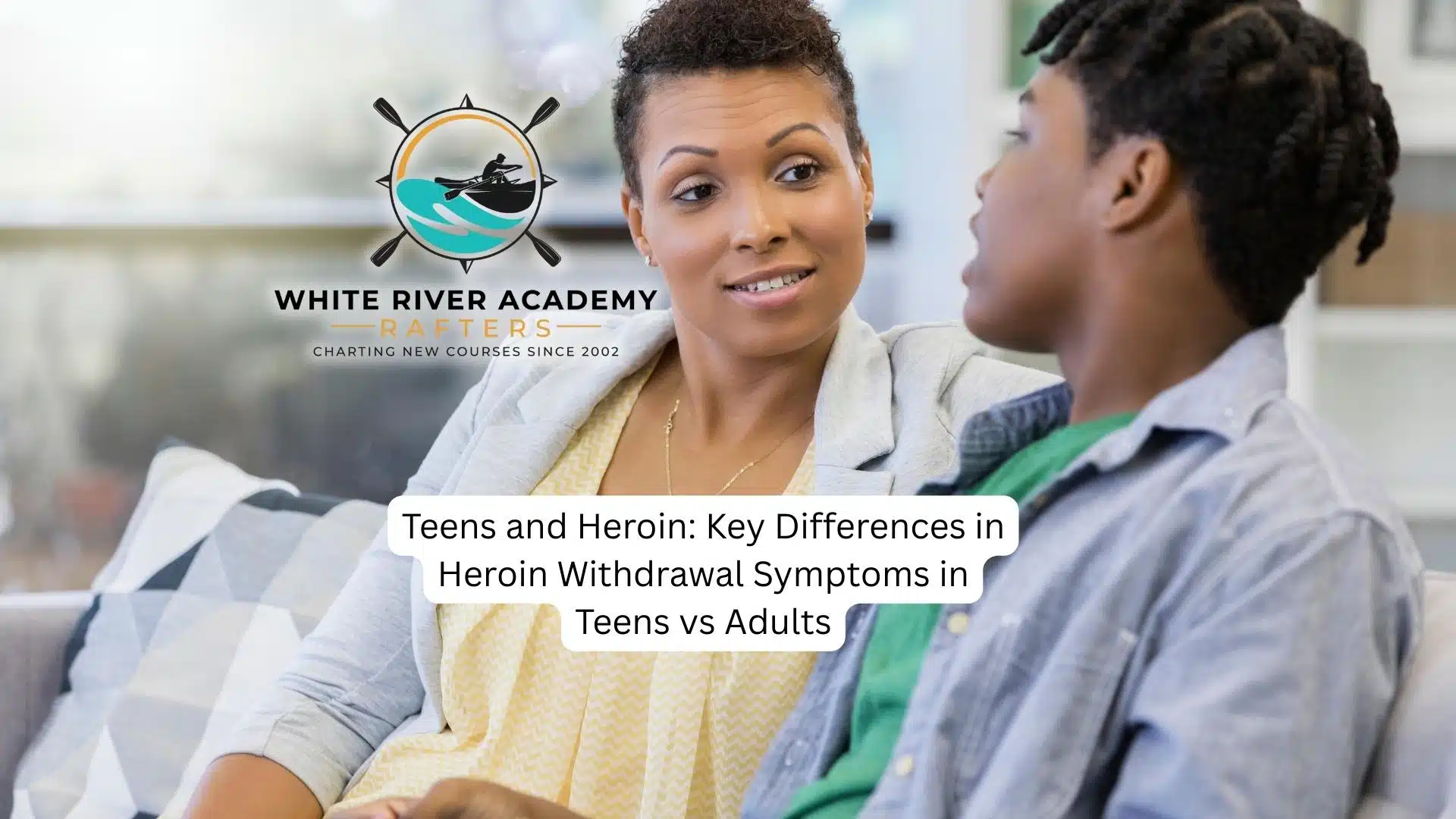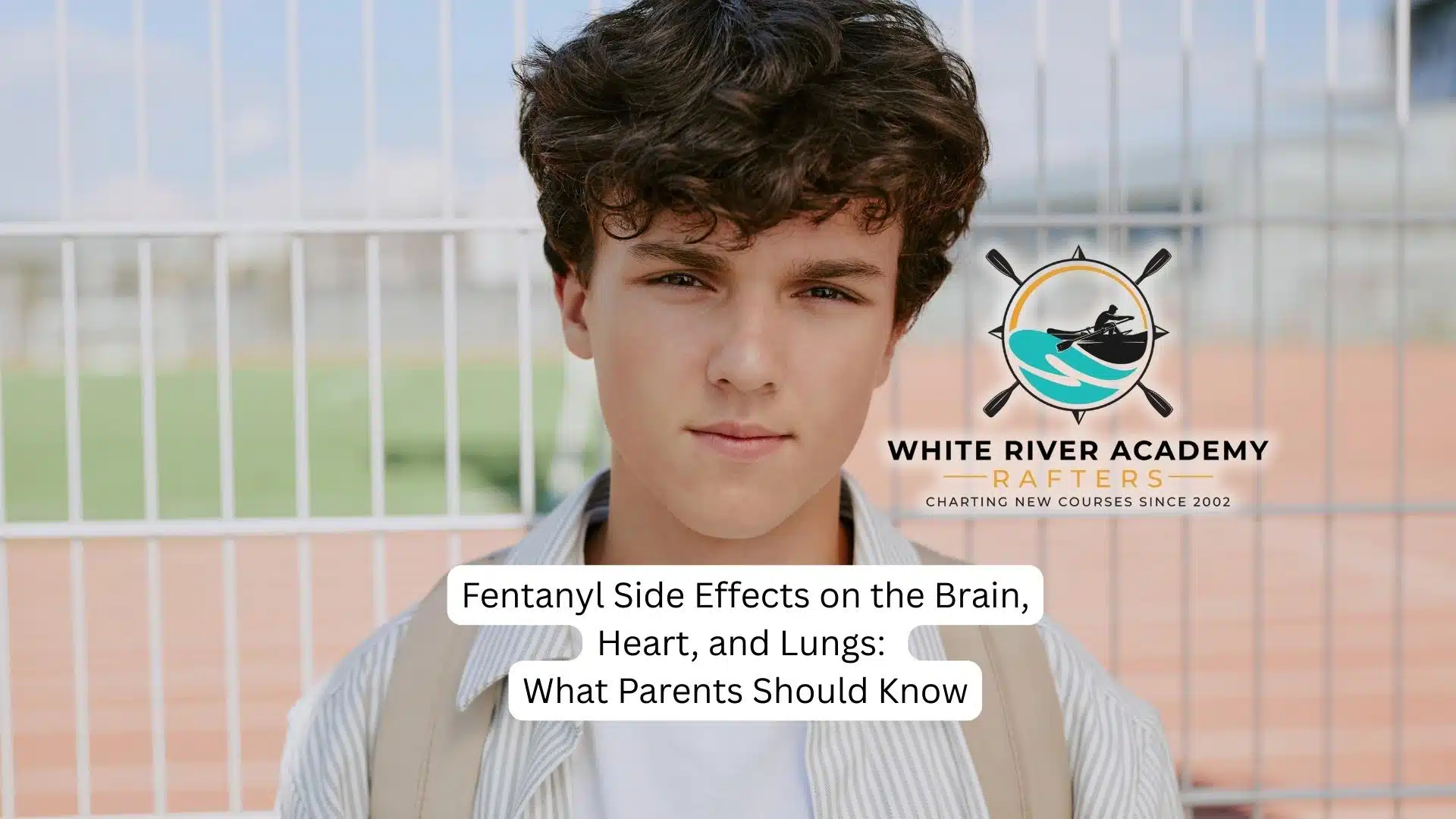The ability of a teenager to refuse mental health treatment is a complex legal and ethical issue, primarily determined by state laws, the minor’s age, and their capacity to make informed decisions. While parents generally hold the authority to consent to their child’s medical care, legal frameworks increasingly recognize the evolving autonomy of adolescents.
In this article, we’ll break down your adolescent son’s legal rights regarding mental health treatment, explore common reasons teens resist care, and offer practical strategies to encourage them to seek the help they need.
Understanding Legal Rights of Teenagers Regarding Mental Health Treatment
The legal landscape concerning minor consent to mental health treatment varies significantly by jurisdiction within the United States and internationally. In most U.S. states, parental consent is required for minors under 18 to receive mental health care.
However, some states have specific provisions allowing minors to consent to outpatient mental health services at younger ages. For instance, in California, minors aged 12 and older can consent to outpatient mental health treatment, the same goes in Colorado.
Other states, such as Georgia, permit teens aged 13 and older to consent to treatment. Maine allows minors, who are living separately from legal guardians or parents, to make their own mental health decisions, including refusing residential care.
The legal capacity of a minor to consent is often tied to their perceived maturity and understanding of the proposed treatment’s nature, consequences, and risks. This is sometimes referred to as the “mature minor doctrine,” where courts may recognize a minor’s right to make their own healthcare decisions if they demonstrate sufficient understanding.
Generally, once an individual reaches 18 years of age, they are considered to have full legal capacity to consent to and refuse medical treatment .
Common Reasons Teens Refuse Mental Health Treatment
- Denial of having a problem: Many adolescent boys may not fully comprehend their mental health struggles or may attribute them to normal developmental phases.
- Fear and stigma surrounding mental health issues: You teen boy may be worrying about judgment from peers, family, or the broader community if they seek help.
- Past negative experiences: Untoward instances with healthcare professionals or a perceived lack of privacy can foster mistrust and reluctance to engage in treatment.
- Feelings of hopelessness: It may lead a teenager to believe that recovery is impossible, diminishing their motivation to seek or accept help.
- Misunderstandings about mental health: Wrong notions about your condition and the treatment process can also contribute to resistance, making it crucial for parents and professionals to provide clear, accurate information.
At White River Academy, we understand that accepting help isn’t always easy, which is why our approach prioritizes your son’s willingness to engage in the recovery process. While time away from home can be challenging, our program for troubled teen boys in Utah is designed to foster personal growth while involving families every step of the way.

When Can Parents Intervene in Treatment Decisions?
Parents typically have a legal and ethical responsibility to ensure their child’s well-being, which includes making healthcare decisions. In situations where a teenager refuses mental health treatment, parental authority becomes particularly relevant.
If a teen poses a significant risk to themselves or others, parents often have the legal grounds to intervene. In many states, parental consent is required for minors under 18 to receive mental health treatment, especially for more intensive interventions like residential care . In emergency situations, parents may even be able to admit their teen to a mental health facility for stabilization, despite the teen’s resistance.
When a minor’s refusal of treatment puts them at risk, parents or healthcare professionals can seek a court order to override that refusal . Courts generally decide such cases based on the “best interests of the child,” especially in life-threatening circumstances.
Strategies to Encourage Acceptance of Mental Health Treatment
Encouraging a teenager to accept mental health treatment requires a thoughtful and sensitive approach.
Fostering Open Communication and Empathy
Creating a safe, non-judgmental space for adolescents to express their feelings and concerns is crucial. Active listening and validating their emotions can help build trust and reduce resistance.
Involving Teens in Decision-Making
Empowering teens by involving them in decisions about their treatment options can increase their willingness to engage. Discussing different therapeutic approaches and allowing them some choice can enhance their sense of autonomy.
This approach may include physical fitness, nutrition, creative expression, mindfulness, and time in nature—each designed to help teens reconnect with themselves, reduce stress, and develop lasting, healthy habits for life.
Education and Dispelling Myths
Educating teens about mental health conditions and treatment processes can dispel misconceptions and reduce fear. Providing accurate information helps demystify therapy and medications.
Utilizing Peer Support and Professional Guidance
Introducing teens to support groups where they can connect with peers facing similar challenges can reduce feelings of isolation and normalize their experiences. Seeking professional guidance from therapists or family counselors can help mediate discussions and bridge communication gaps between parents and teens.
Resources and Support for Teens and Families
Access to appropriate mental health resources is vital for both adolescents and their families.

Immediate Support Services
Hotlines and mobile crisis units offer immediate support during mental health crises. These services can provide de-escalation, assessment, and linkage to further care.
Therapeutic Programs and Facilities
Residential treatment centers or structured outpatient programs provide comprehensive, age-appropriate care for teens with complex mental health needs. These programs often utilize evidence-based therapies to develop coping skills and address underlying issues.
Trusted Adults and Community Programs
Primary care physicians, licensed therapists, school counselors, and other trusted adults can serve as valuable guides. Support groups, recreational therapy activities, and community programs can foster a sense of belonging and reduce isolation, while educational programs about mental health can empower teens and families to seek necessary help.
Final Thoughts from White River Academy
While your teen son may have the legal right to refuse mental health treatment, it’s important to understand the implications and explore supportive solutions.
At White River Academy, our therapeutic boarding school offers evidence-based behavioral therapies — such as cognitive behavioral therapy (CBT) and teen anxiety treatment — specifically designed for troubled adolescent boys. We provide structured support, family involvement, and holistic care to help your child build emotional resilience and overcome mental health challenges together.




